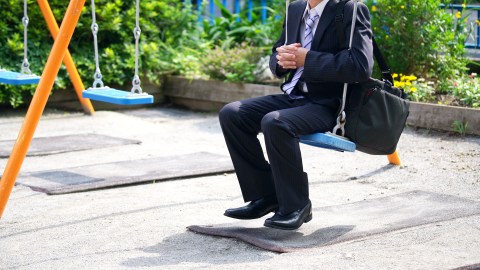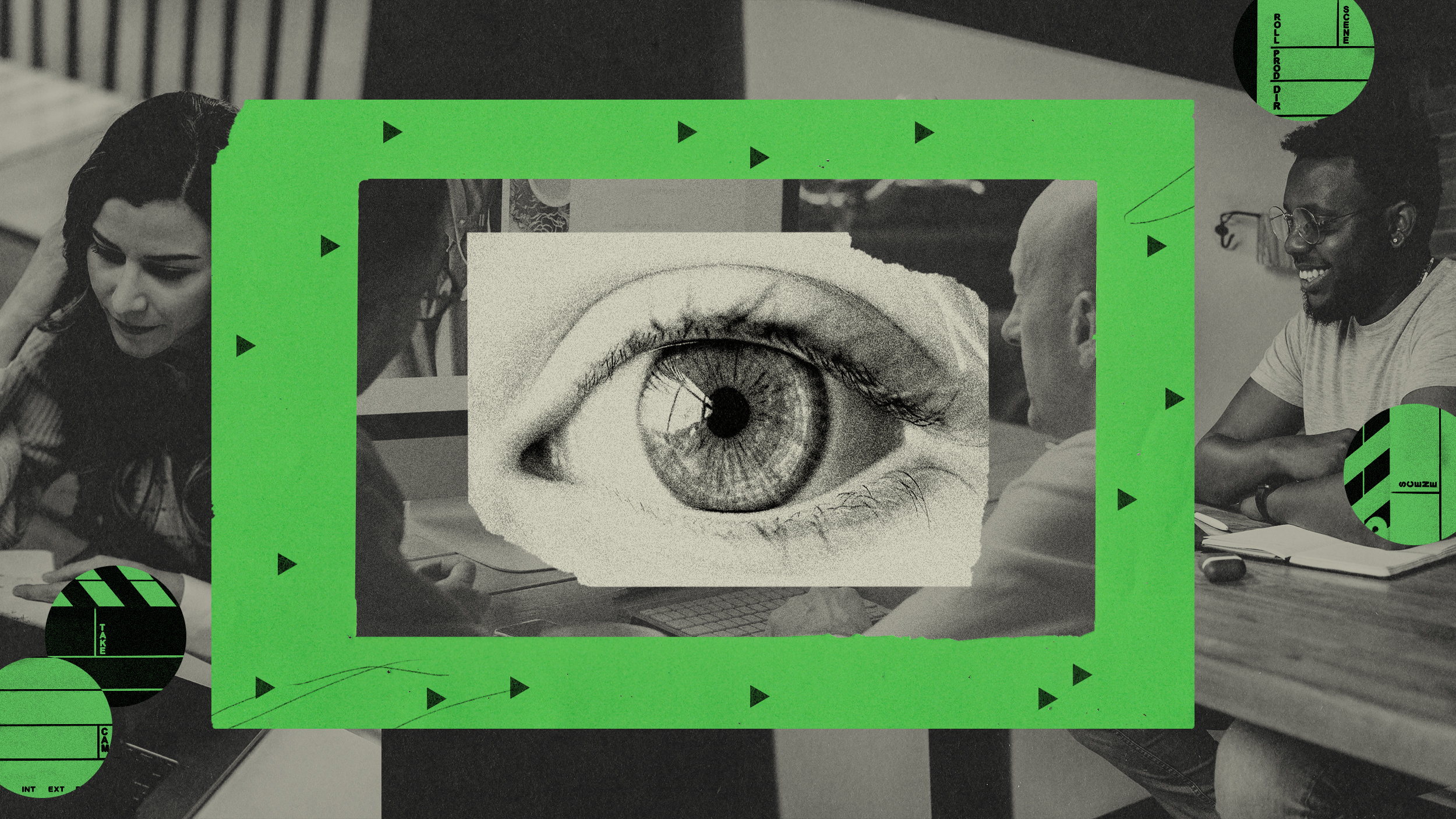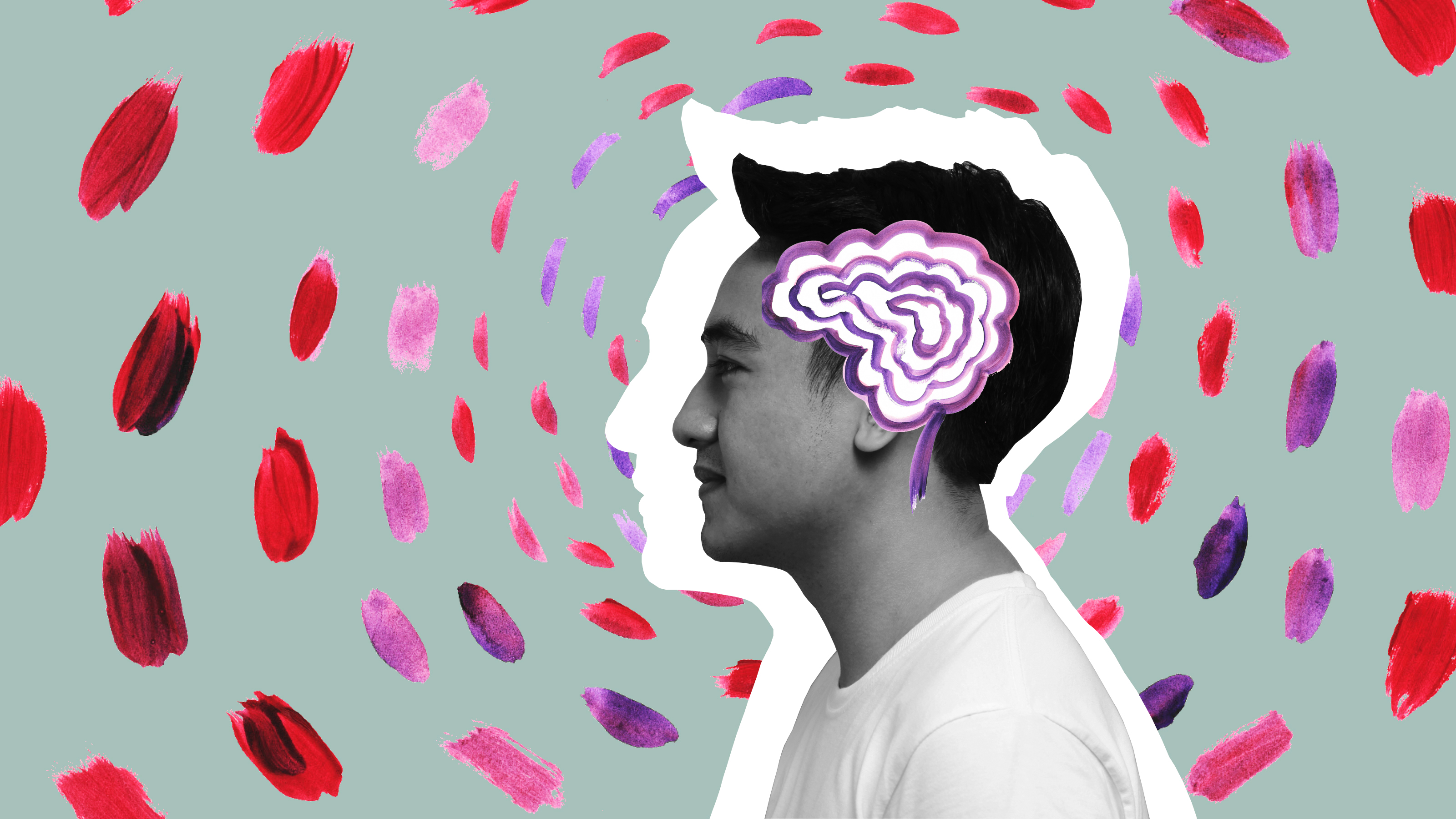Why more play is the key to creativity and productivity

Shutterstock
- Play is one of the primary ways that children learn.
- As we get older, however, we begin to worry more about the opinions of others. Gradually, we stop playing quite so much.
- This could be a grave mistake. Research has shown that adults who make time for play reap the benefits in terms of greater productivity, more creativity, and greater health and happiness.
Some adults with high-powered jobs aren’t spending their lunch breaks meeting with clients, but are playing kickball and hopscotch instead. Still other adults are buying coloring books — not to develop a skill, but to mindlessly shade in pre-drawn lines in bright primary colors. There are even consultants whose careers are based on teaching businesses how to incorporate more playtime into the workday.
It might be tempting to dismiss this craving for play as another quirk of the ostensibly over-coddled millennial generation, but if recent research is to be believed, more playtime actually keeps us healthy and makes us more productive and creative. Unsurprisingly, humanity’s natural condition isn’t to stuff themselves into suits and ties and manipulate spreadsheets all day. Human beings like and need to be creative, and sometimes that creative spark needs to be nourished, even with something as apparently insane as adult recess or coloring books.
All work and no play
For many, the only thing they need to hear about play is that it feels good and is good for you. Play reduces cortisol — the hormone responsible for stress, which can increase your risk for heart disease in excess — and releases endorphins. It also helps to keep depression at bay, improves your cognitive health, and lowers the risk of developing age-related neurodegenerative conditions like dementia.
That’s all well and good, but plenty of adults have reached the conclusion that they’d rather work and earn more than play more. However, there are good reasons for even the most diehard grinches to make time for play in their schedule.
Tim Brown, the CEO of the design firm IDEO explained that there’s a pragmatic side to playfulness in his TED talk. “We think playfulness helps us to get to better solutions. Helps us do our jobs better and helps us feel better when we do them.”
This makes sense when you consider the function of play from a developmental perspective. For the group that’s typically associated with recess (children), play is a method for learning about the world. Children learn about spatial relationships, concepts and ideas, motor skills, and even social roles and interpersonal interaction through play, whether that’s playing with action figures, blocks, or just a stick and some dirt. Play is fun, but its “purpose” is serious stuff; it’s one of the very first ways that we go about learning. Most importantly, studies have shown that play facilitates insightful, divergent thinking — in other words, creativity.
Bring the Power of Play to the Workplace, with Jane McGonigal
Despite these benefits to well-being, learning, and innovation, many adults react to adult recess or coloring books the same way they do when a relative makes an off-color joke at Thanksgiving, even though these were perfectly acceptable activities to engage in as kids. “But as kids learn to become adults,” says Brown, “they become much more sensitive to the opinions of others, and they lose that freedom and they do start to become embarrassed. And in studies of kids playing, it’s been shown time after time that kids who feel secure, who are in a kind of trusted environment — they’re the ones that feel most free to play.”
This sense of embarrassment may be getting in the way of some serious innovation. Studies have shown that even in the workplace, play increases creativity, productivity, and group cohesion. Apparently frivolous doodling helps people to learn and remember salient details better and increases functional connections in the brain. Physical exercise and sports like kickball, for instance, have been shown to improve workplace productivity. Businesses have known about these effects for years, too. There’s a reason why Google’s campus is scattered with ping pong, billiards, and foosball tables. So, if a sense of shame is holding you back from making room for more play in your life, just remember: The benefits far outweigh the risks.





